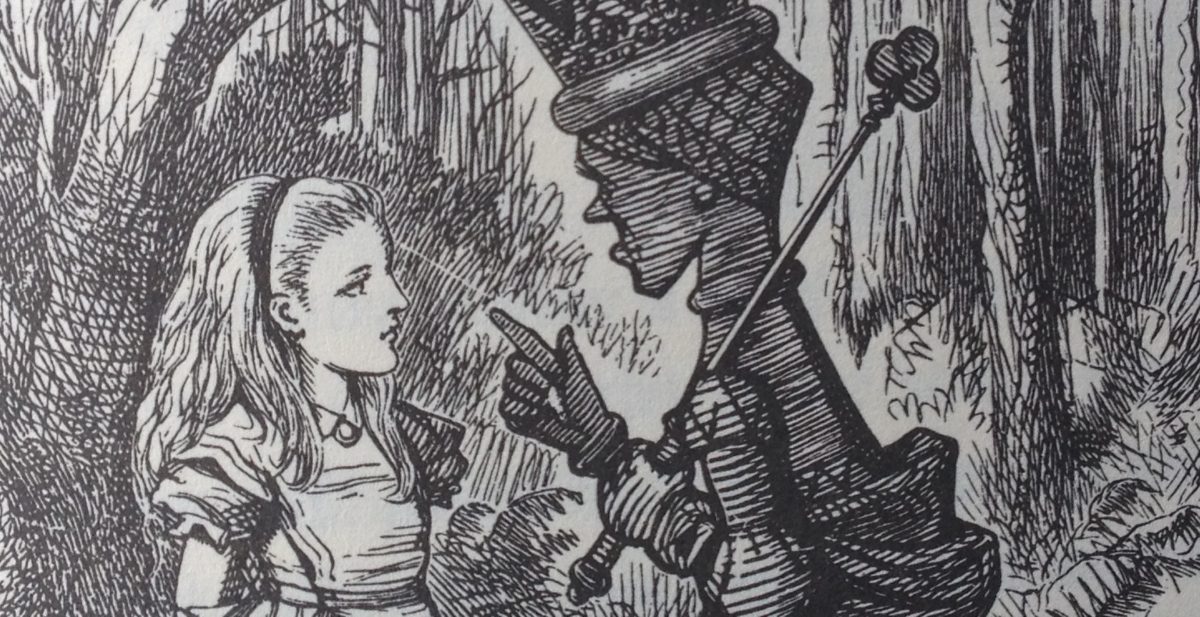Each player rolls twice for their class. Of course you may add tables for backgrounds, traits etc. I made the questions simultaneously generic and somewhat evocative to the best of my abilities, as I believe this works best when they are made for the campaign itself to set mood.
Some questions assume social class as well. My reading of the starting money roll compared to the equipment list is that it suggests PCs as minor nobles, rural gentry, petty bourgeois and similar depending on how the campaign setting is presented (faux-medieval, faux-Renaissance etc.) The Thief is reasonable to assume as peasantry and the starting money as their latest big score. It also assumes domain game as an objective (and Fighters can start the domain game from level one, so there’s that.)
Continue reading “d20 Questions for Adventurers”

